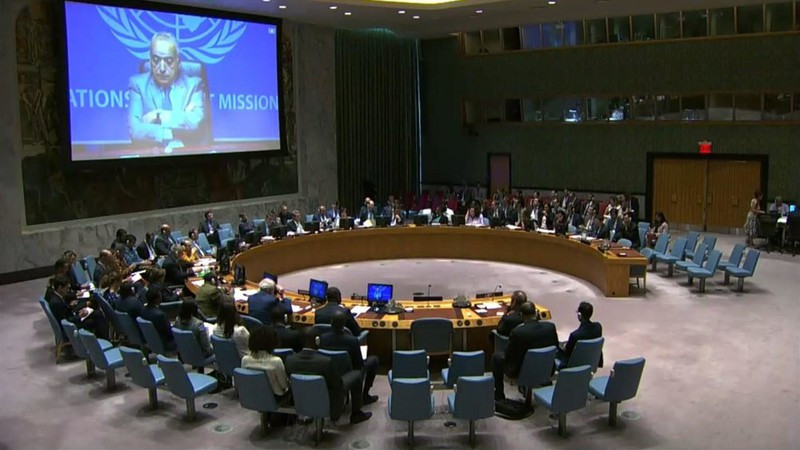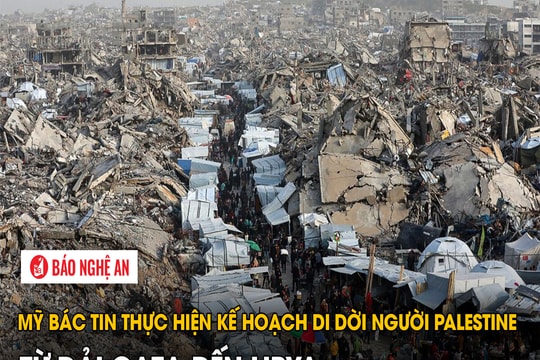UN Security Council approves ceasefire in Libya
On the night of February 12, the United Nations Security Council voted to approve a draft resolution proposed by the UK regarding a ceasefire in Libya.
The resolution was adopted after 14 countries voted in favor, while Russia abstained. Russia's permanent representative to the United Nations, Vasily Nebenzia, said that Russia abstained because of the lack of clarity about the readiness of all parties to the conflict to implement the resolutions of the Berlin Conference held last month.
|
| A session of the United Nations Security Council on Syria. Photo: Libya Desk |
This is the first time the UN Security Council has adopted a binding document on Libya since General Khalifa Haftar's forces launched an attack on the capital Tripoli in April last year.
The new resolution was adopted to affirm the contents of the Berlin Conference resolution, which called on the conflicting parties in Libya to comply with the ceasefire and support the Security Council in imposing an arms embargo on Libya. The new resolution also called on all UN member states to comply with the arms embargo requirements under resolution 1970, which includes stopping support for gunmen, withdrawing all forces from Libya, not intervening in the conflict or taking actions that aggravate the current situation./.

Are Russia and Türkiye facing off in Libya?
(Baonghean.vn) - Given the current situation in Libya, no one can help but think of the prospect of a clash between the Russian PMC and the Turkish army in Libya, which means that Russia and Türkiye will fight each other in both Syria and Libya. The US and NATO are excited when Russia and Türkiye, who have “broken ties”, will jump at each other…

Behind Türkiye's decision to send troops to Libya
(Baonghean.vn) - While the US-Iran tensions are threatening to "burn" the Middle East with mutual retaliations, in Libya, war is also at risk of breaking out with a complex proxy war. Türkiye's decision to send troops to Libya is said to make the persistent deadlock in this country even more difficult to resolve and could turn Libya into a "second Syria".



